Mental Health Awareness Week is an important reminder to be kind
This Mental Health Awareness Week, we will be looking into post-lockdown anxiety, as experts predict a mental health crisis to come in the next three months.
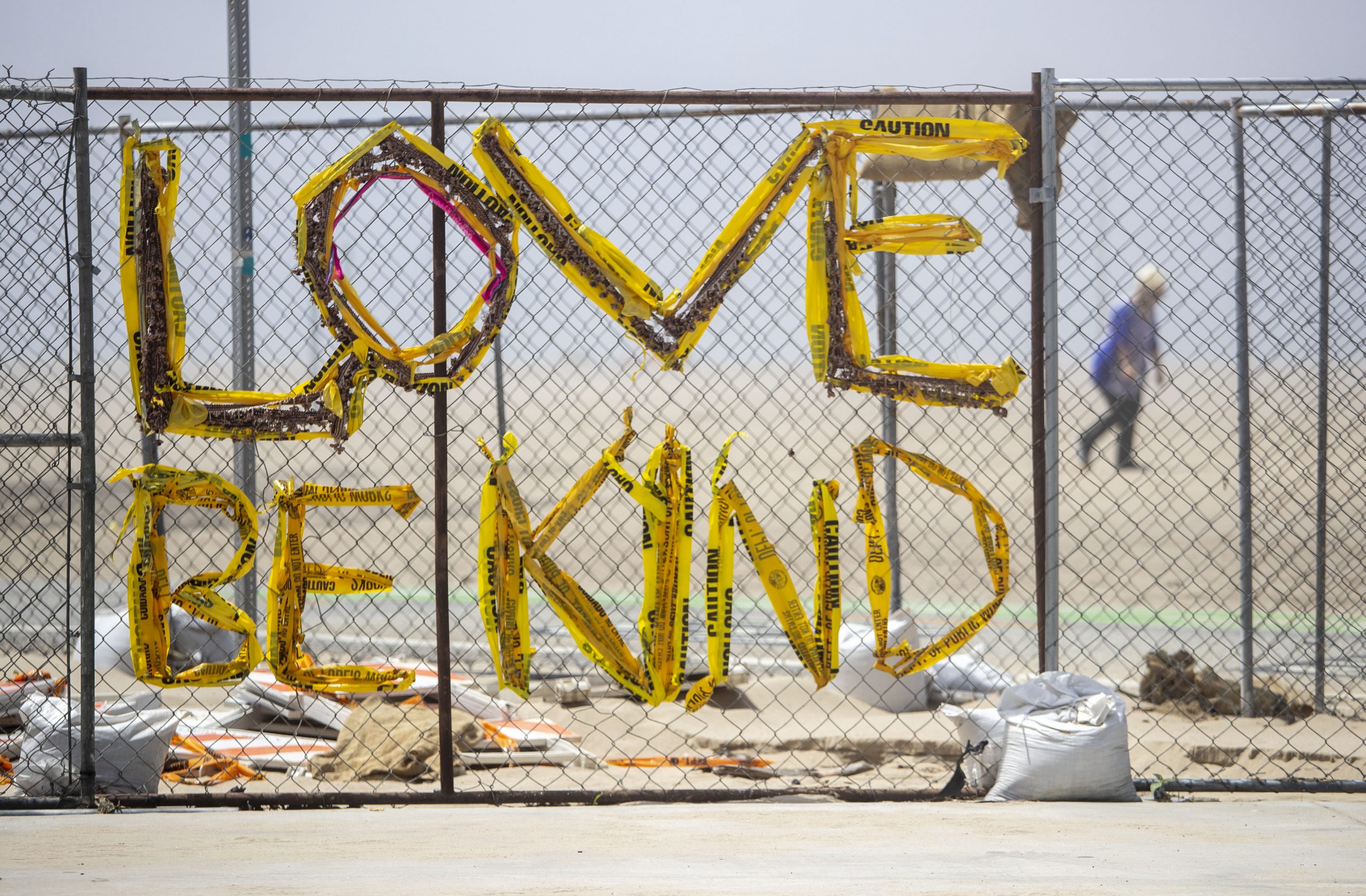

This Mental Health Awareness Week, we will be looking into post-lockdown anxiety, as experts predict a mental health crisis to come in the next three months.
We are currently facing the greatest global health threat in history, with COVID-19 forcing the U.K. into our third month of lockdown as part of strict precautions to protect the general public and our National Health Service.
Non-essential workers are being encouraged to work from home, vulnerable people are being forced to self-isolate and loved ones from different households are still unable to stand within 2 metres of each other.
But while essential in flattening the curve of coronavirus infections, it is because of these very precautions that we are moving towards a global mental health crisis.
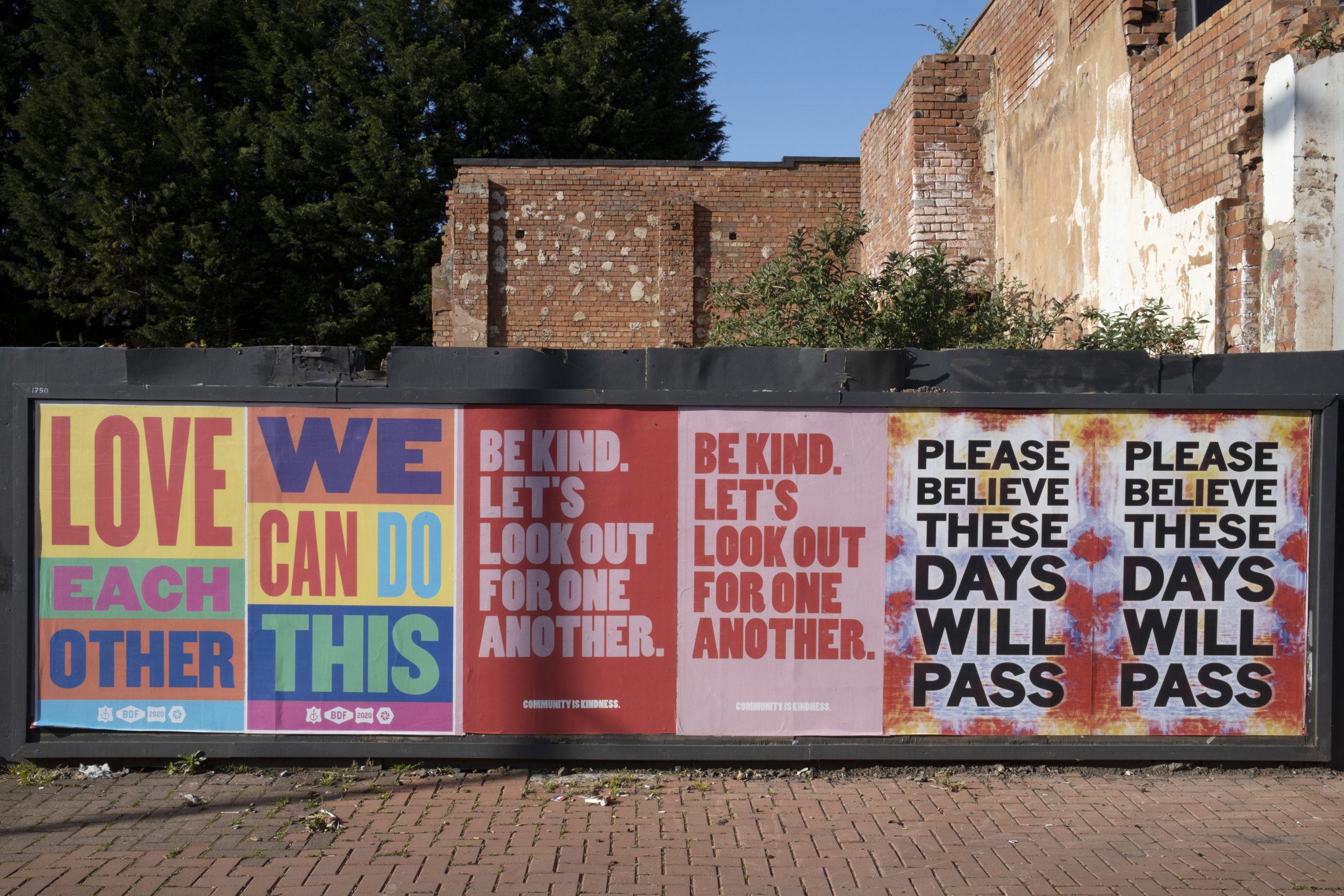
Reports of depression and severe stress spiked immediately after the announcement of lockdown, with a study relaying a 36% rise in anxiety just one day after the restrictions were enforced. And two months later, the situation has only worsened, with disordered sleep, loneliness, unemployment, social disruptions and current projections for the economy having a significant psychological impact.
Women are among the most-affected by coronavirus-induced mental health issues, with domestic violence increasing three-fold during isolation. Calls to abuse helplines saw a 25% rise in activity in the first week alone.
National Mental Health Awareness Week 2020 is centred around kindness, to each other as well as ourselves, and today its message has never been more important.
Marie Claire Newsletter
Celebrity news, beauty, fashion advice, and fascinating features, delivered straight to your inbox!
You are not alone. We are all in this together. We must look out for each other. And we will come through this.
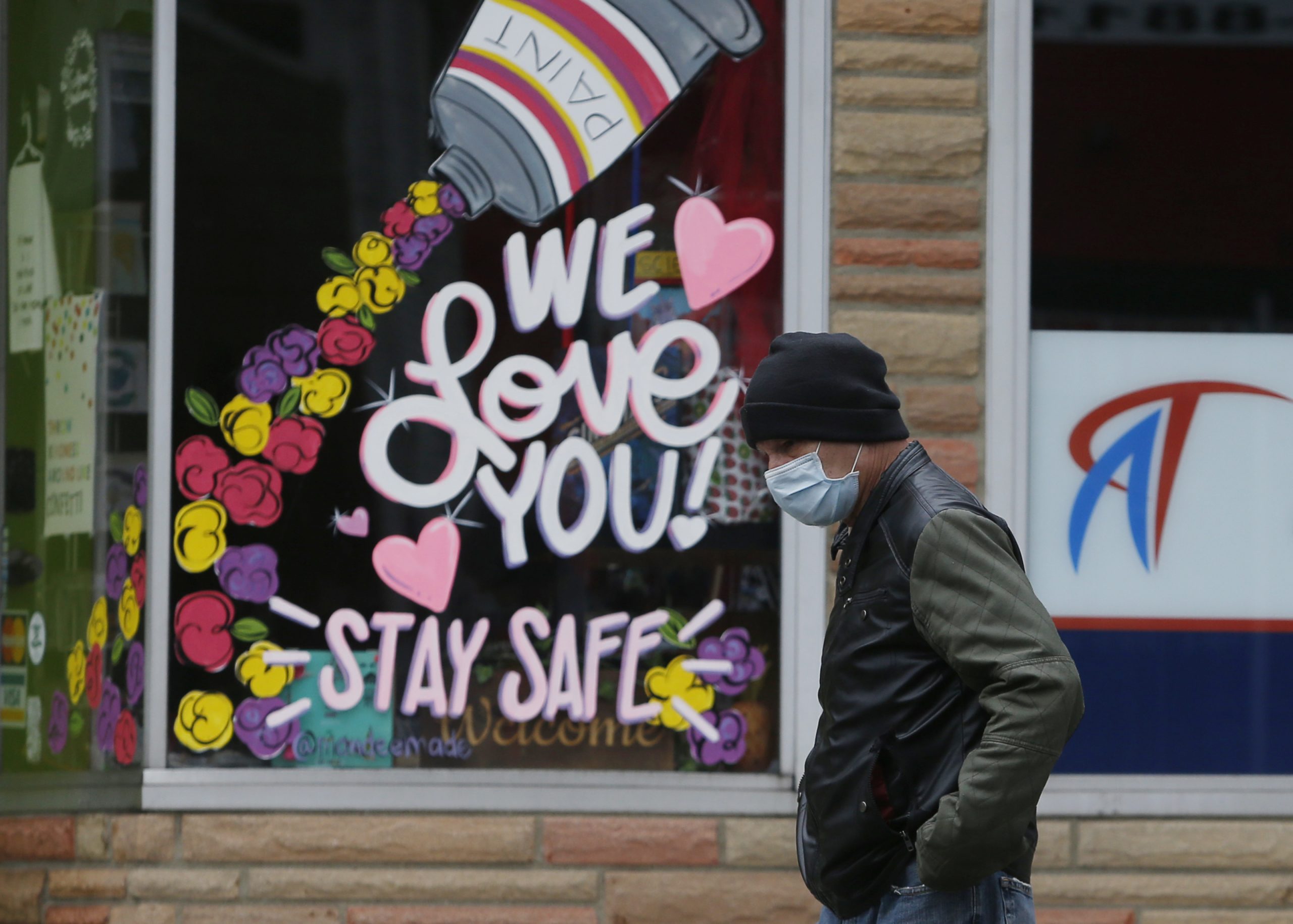
‘The pandemic is clearly having a major social and psychological impact on the whole population, increasing unemployment, separating families and various other changes in the way that we live that we know are generally major psychological risk factors for anxiety, depression and self-harm,’ explains Professor Ed Bullmore, head of the department of psychiatry at the University of Cambridge, via The Guardian.
And even as we start to see action towards an end to lockdown, there are increasing fears of what the new normal will look like post-quarantine. In fact, there is evidence from NHS chiefs that the impact of lockdown and its repercussions on mental health will be seen for years, with predictions of a new phenomenon coming our way, post-lockdown anxiety.
‘After you've been inside for a long time, it can feel very strange to go outside,’ explains CEO of Anxiety UK Nicky Lidbetter, via the BBC. ‘You perhaps lose your confidence to do things you haven't had to in a while.’ Everyday activities from face-to-face work meetings to commuting on public transport could become a huge source of stress, and 'having to return to them after having quite a sustained break might actually be very challenging.'
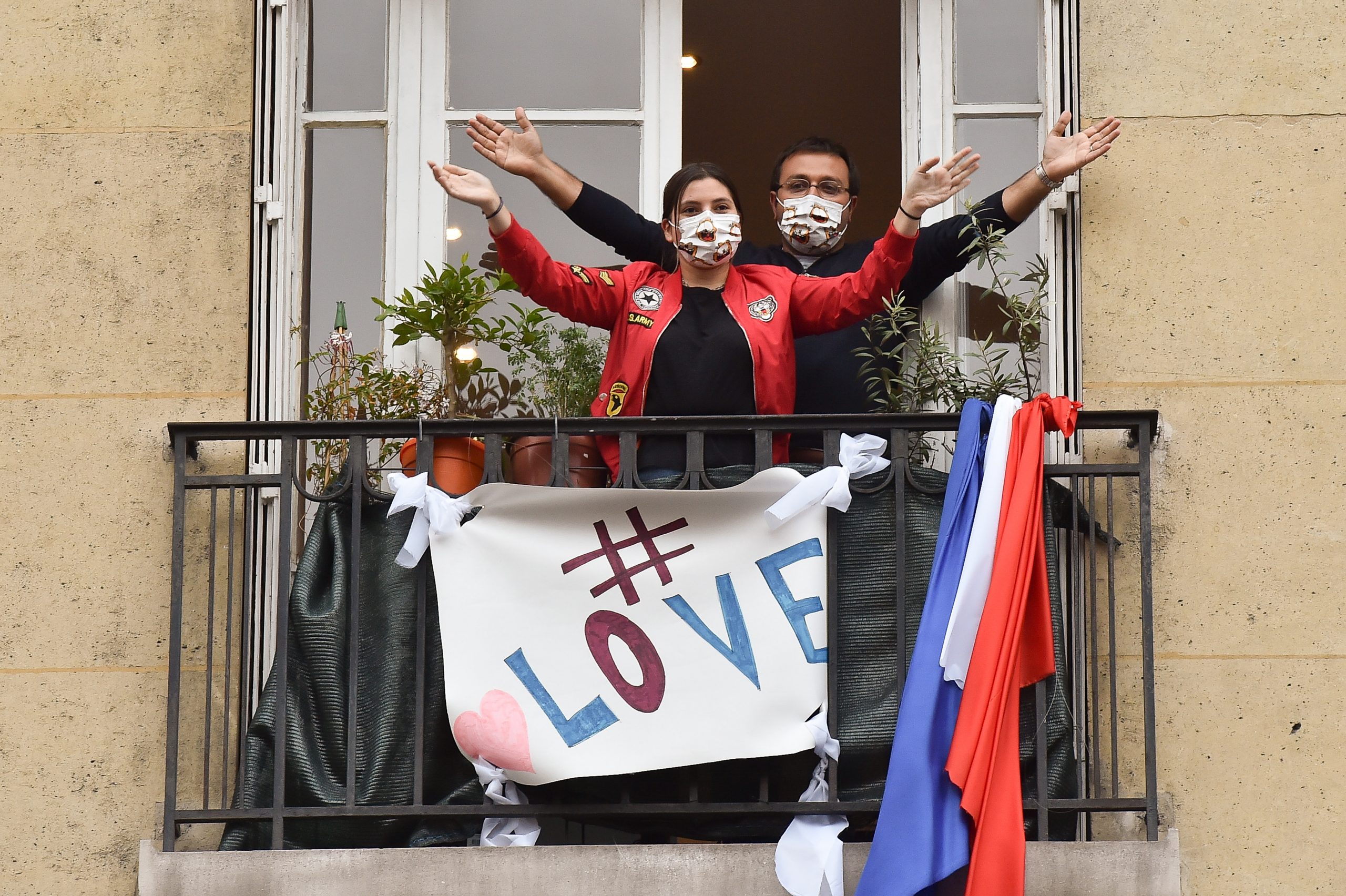
All of our lives will be affected by coronavirus' mental health aftershocks, but what can we do on an individual level to be kind to ourselves and those around us?
Over the next seven days, we aim to educate, inform, reassure and de-stress you.
This Mental Health Awareness Week, we will be shining a light on the movements and campaigns making important progress for mental health and the charity services that are upping their hours to keep up with the increasing demand.
You can also expect raw first person accounts, advice for helping loved ones, anxiety relieving tips and some coronavirus reassurance from our resident Dr Zoe. Plus, a large dose of feel-good content to make you smile.
It’s OK not to feel OK right now. And feeling anxious and lost amid a global pandemic isn't something to be ashamed of. It is exactly what the rest of the world is experiencing too.
If you need some guidance, information, comfort or even a bit of entertainment this week, we’ve got you covered.
In the words of Captain Tom Moore, ‘For all those people who are finding it difficult at the moment: the sun will shine on you again and the clouds will go away.’
For more information on taking care of your mental health or getting help for you or a loved one, get in touch with the NHS recommended mental health helplines and visit the Mind charity website.

Jenny Proudfoot is an award-winning journalist, specialising in lifestyle, culture, entertainment, international development and politics. She has worked at Marie Claire UK for seven years, rising from intern to Features Editor and is now the most published Marie Claire writer of all time. She was made a 30 under 30 award-winner last year and named a rising star in journalism by the Professional Publishers Association.
-
 Prince Harry reportedly extended an 'olive branch' to Kate and William on latest UK trip
Prince Harry reportedly extended an 'olive branch' to Kate and William on latest UK tripBig if true
By Iris Goldsztajn
-
 How Prime Video is protecting Blake Lively amid her new movie promo
How Prime Video is protecting Blake Lively amid her new movie promoAn understandable move
By Iris Goldsztajn
-
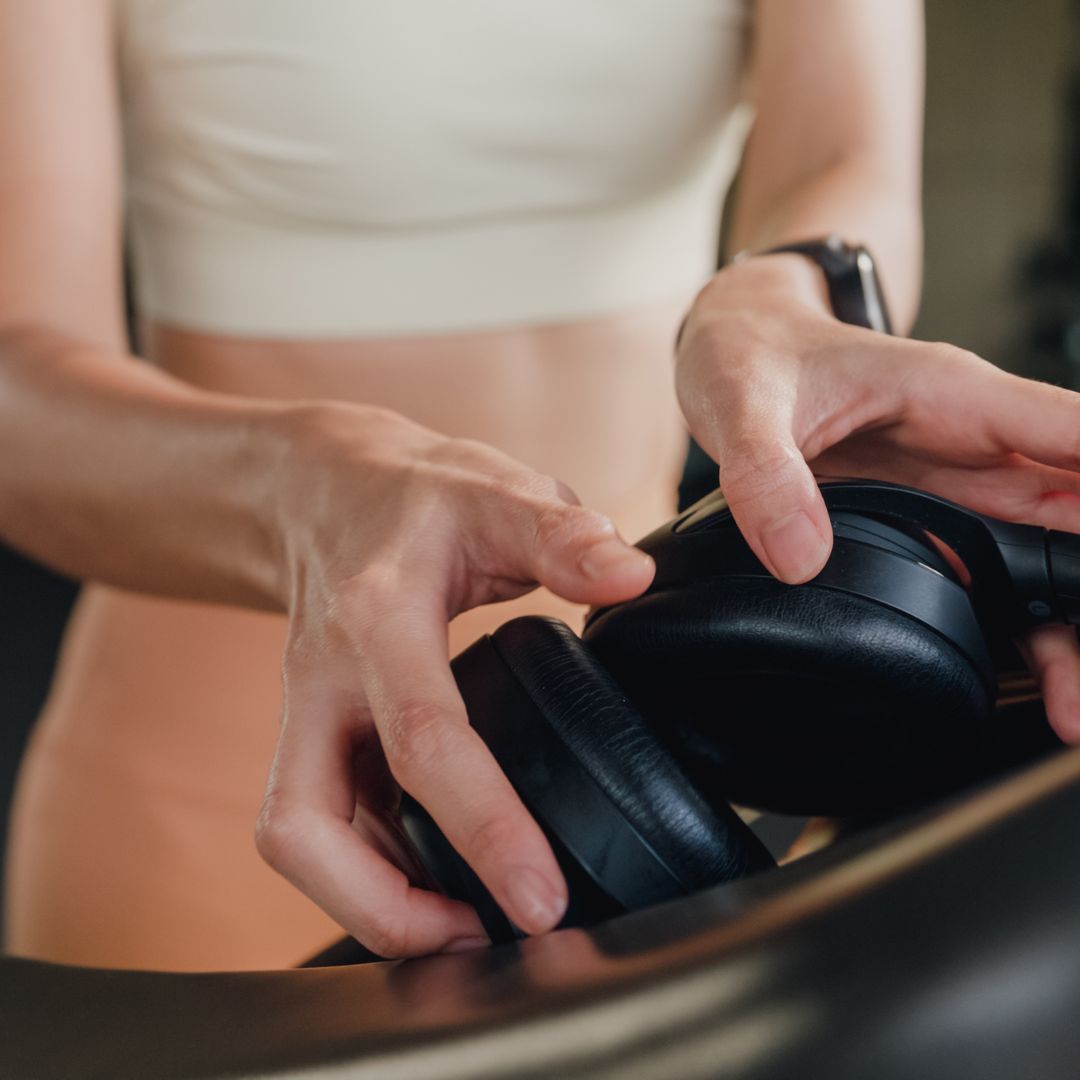 It's the must-have bit of fit kit of the year - a fitness expert shares their top 5 tips for choosing a walking pad
It's the must-have bit of fit kit of the year - a fitness expert shares their top 5 tips for choosing a walking padThis year's fitness must-buy.
By Katie Sims
-
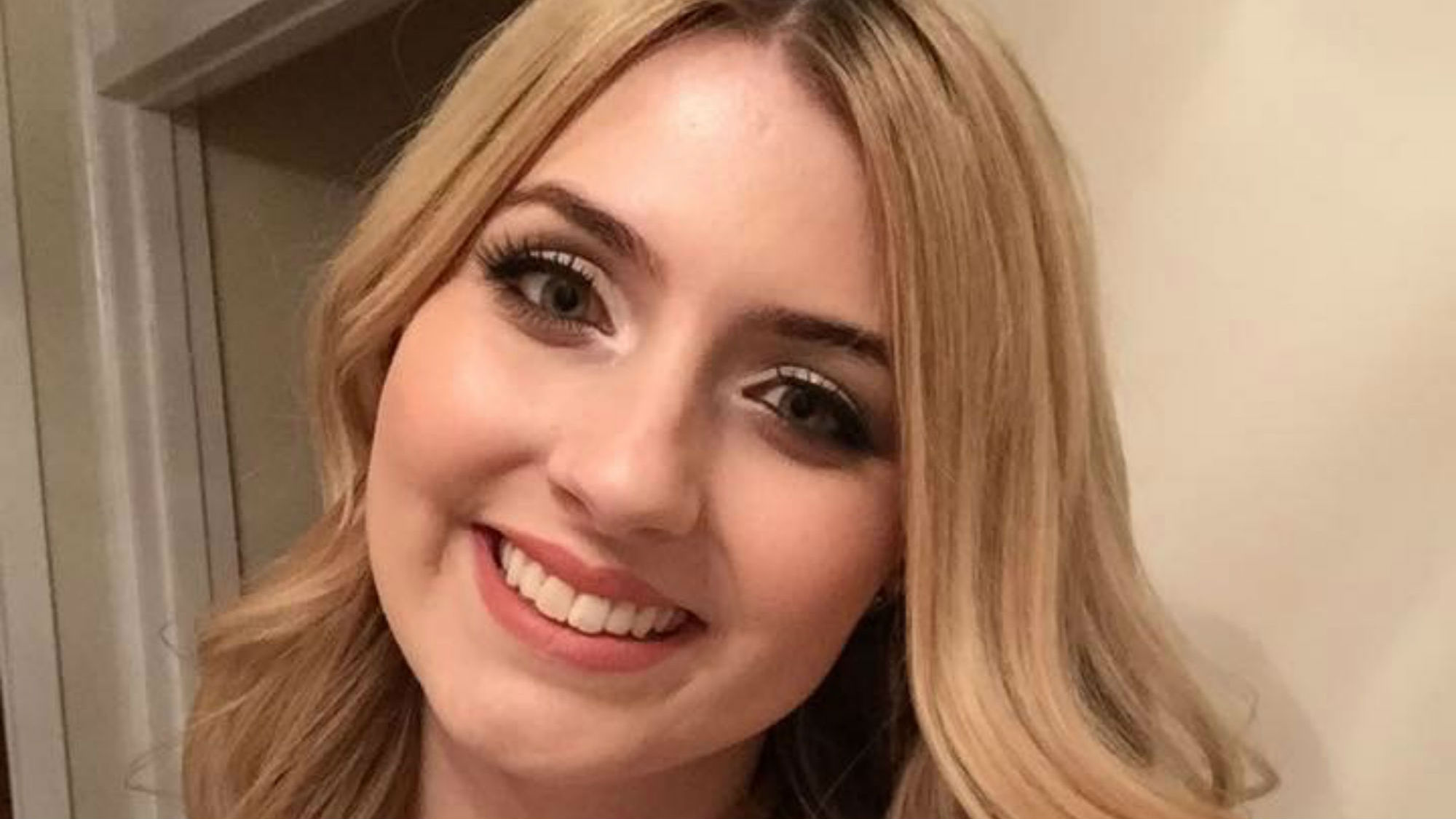 'I was only 24 and had no symptoms' - read one woman's shocking cervical cancer diagnosis
'I was only 24 and had no symptoms' - read one woman's shocking cervical cancer diagnosisThis Cervical Cancer Prevention Week, read Stephanie Varden's powerful story - from chemo to seemingly having the all-clear
By Olivia Adams
-
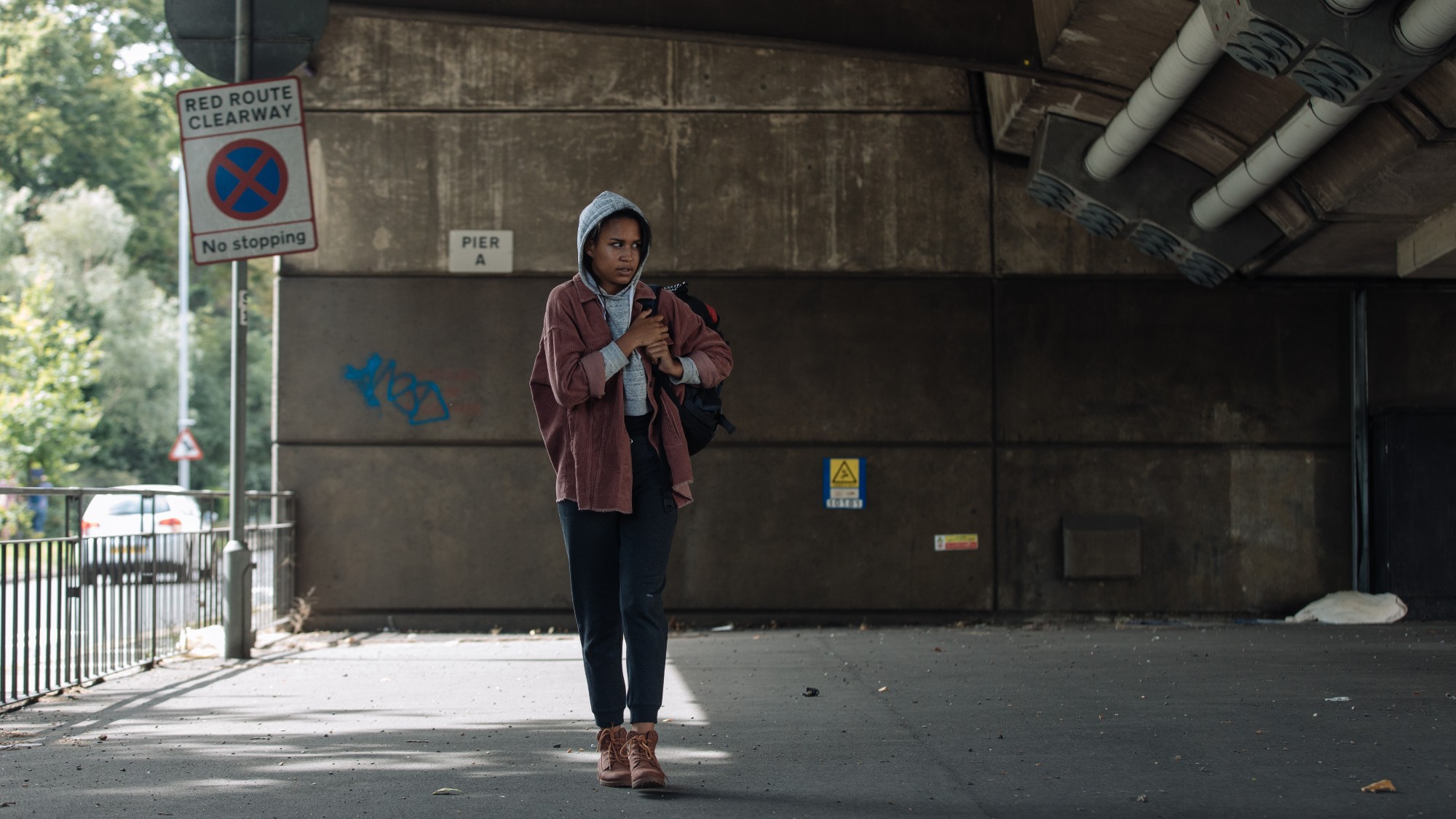 23,000 young people face homelessness this Christmas – here's how you can help with Centrepoint
23,000 young people face homelessness this Christmas – here's how you can help with CentrepointThis Christmas, Marie Claire has joined forces with Centrepoint to bring to light the homelessness crisis among young women.
By Marie Claire
-
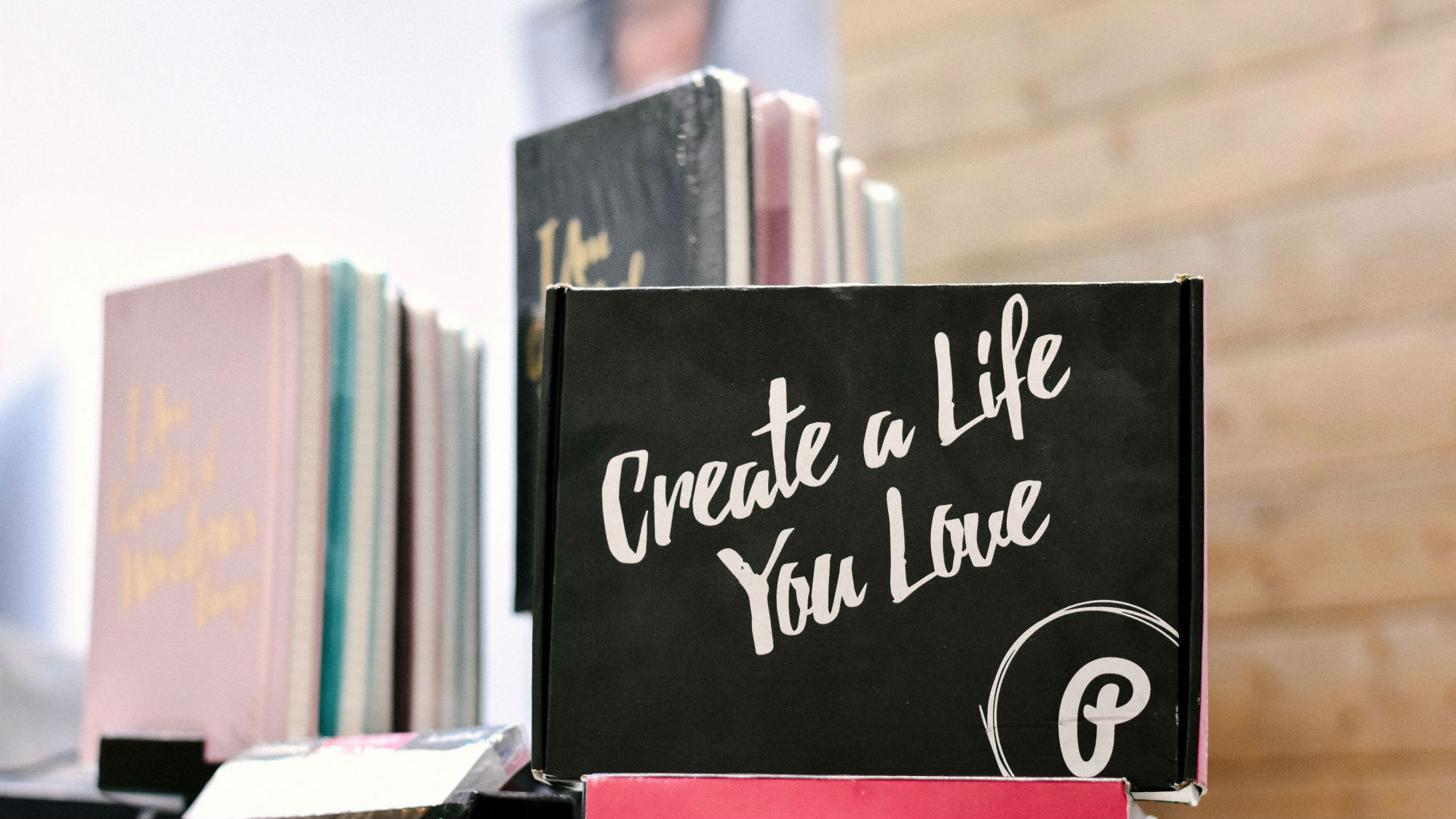 What it's really like to be a 24-year-old model…And HIV positive
What it's really like to be a 24-year-old model…And HIV positiveTo mark World AIDS Day, we spoke to 24-year-old model, art student and beauty queen Horcelie Sinda, who was diagnosed as HIV Positive as a child. This is her story...
By Olivia Adams
-
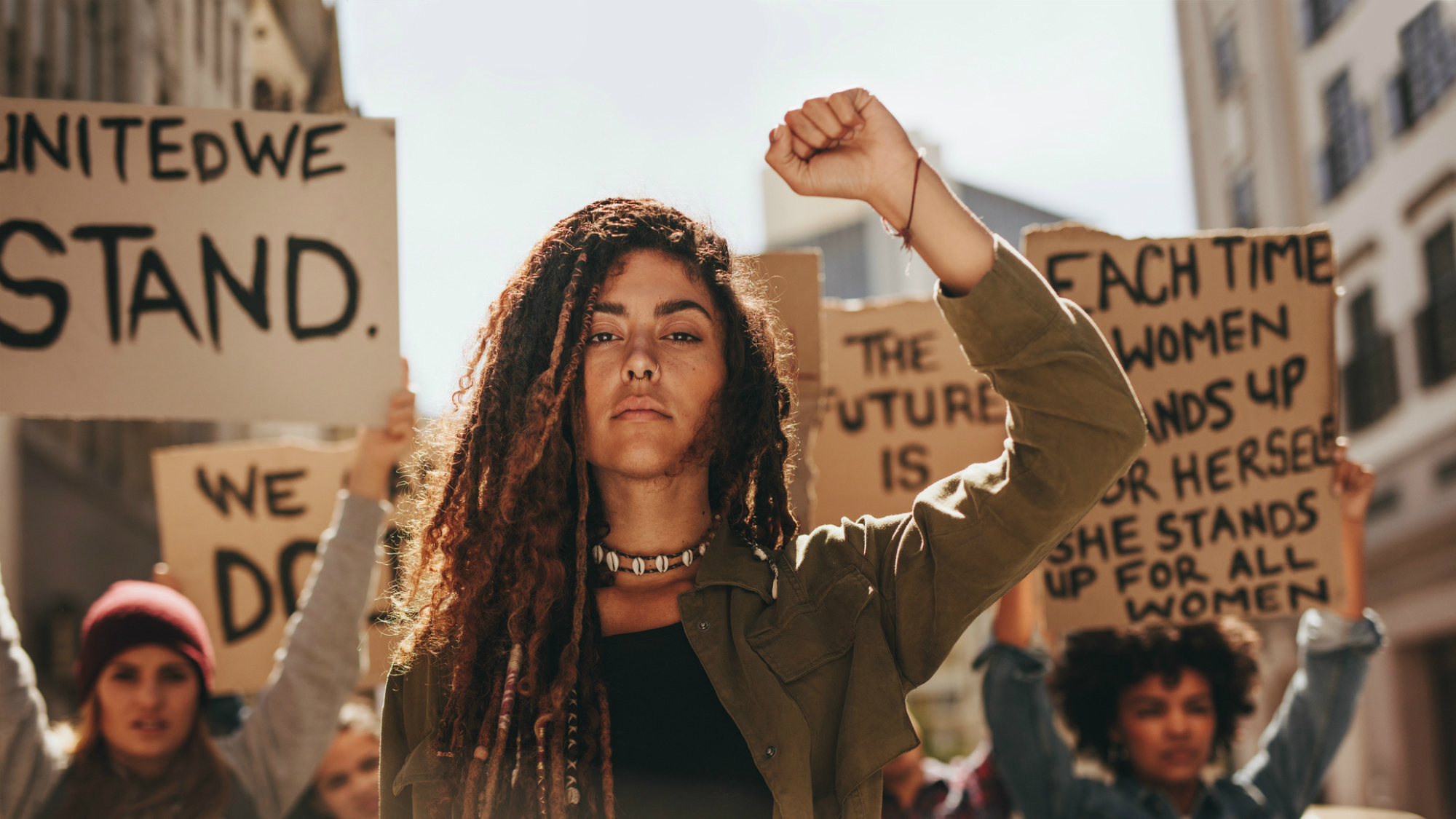 I May Destroy You: sexual assault survivors have a few things to say
I May Destroy You: sexual assault survivors have a few things to sayI May Destroy You, Michaela Coel's extraordinary drama of the year, has triggered many to speak out about their traumatic experiences. Lizzy Dening asks survivors what they want you to know – and how to help
By Lizzy Dening
-
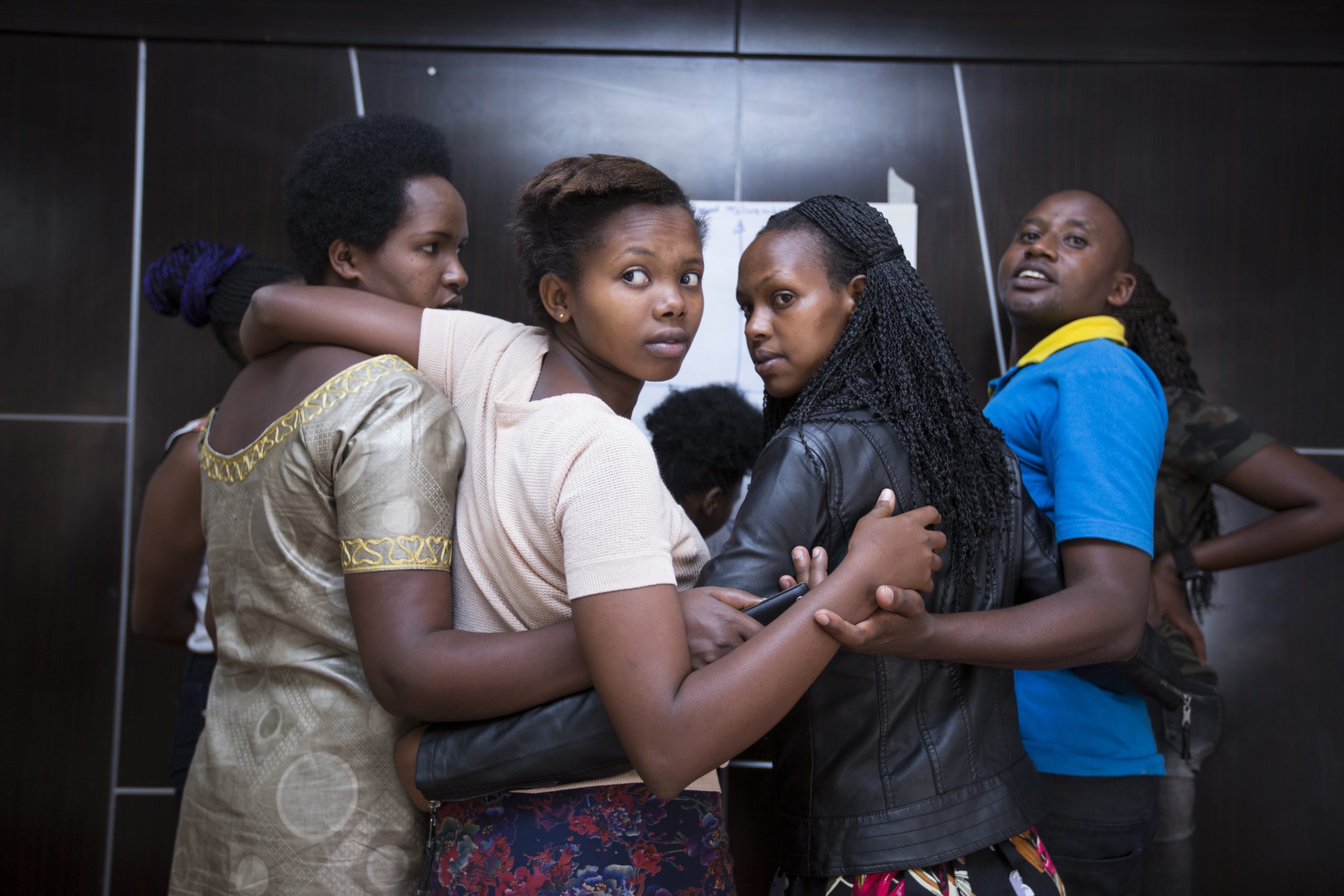 World Refugee Day: girls tell us their vision for the future
World Refugee Day: girls tell us their vision for the future150 girls caught up in humanitarian crises around the world reveal what change they want to see
By Olivia Adams
-
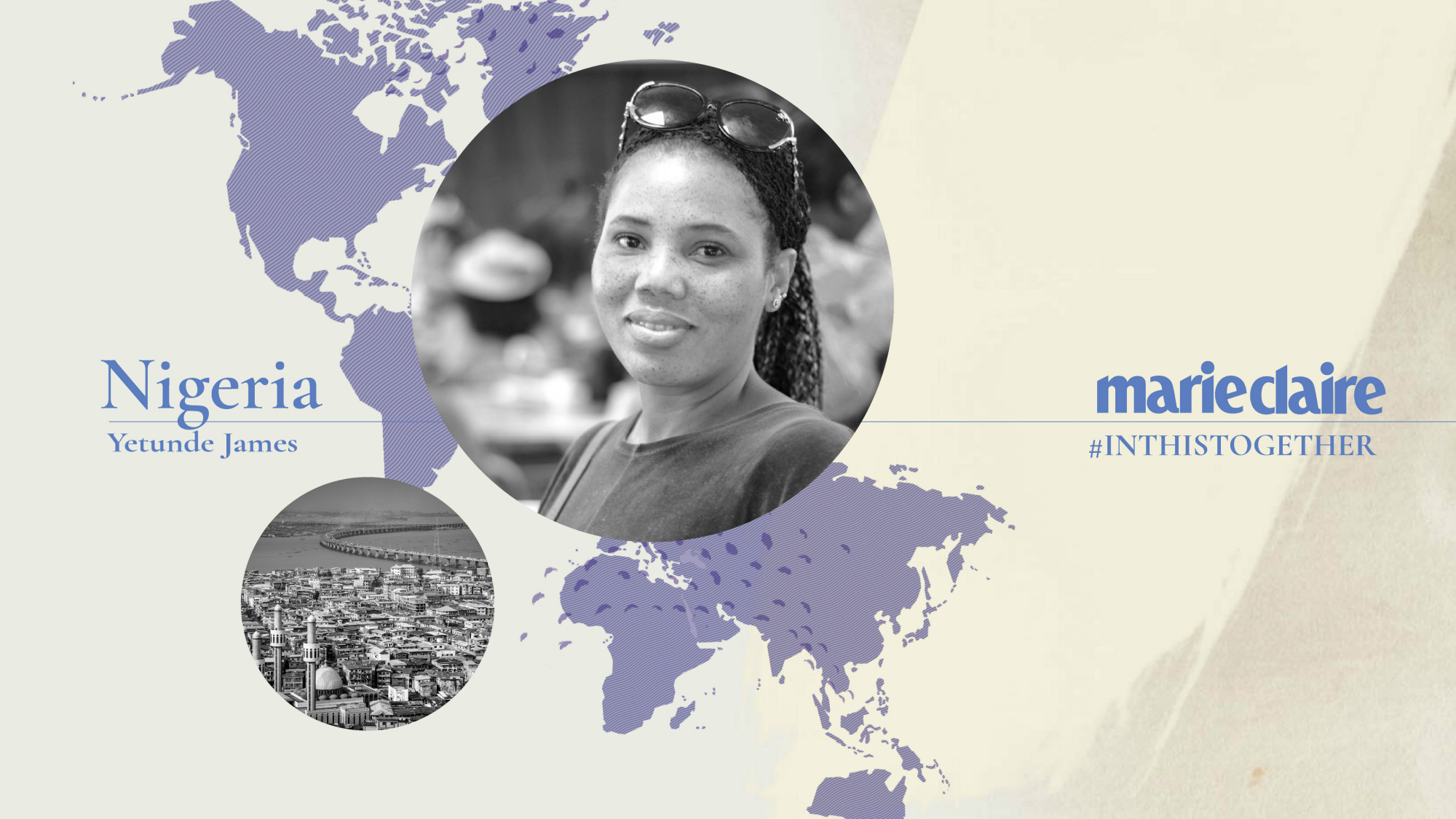 Covid-19 Global Diaries: 'I'm a refugee in London and people like me are dying'
Covid-19 Global Diaries: 'I'm a refugee in London and people like me are dying'Fleeing persecution in Nigeria, Yetunde James arrived in the UK with dreams of a new and safe life. But coronavirus has taken her friends, put her life in danger and her plans to build a bright future on hold
By Maria Coole
-
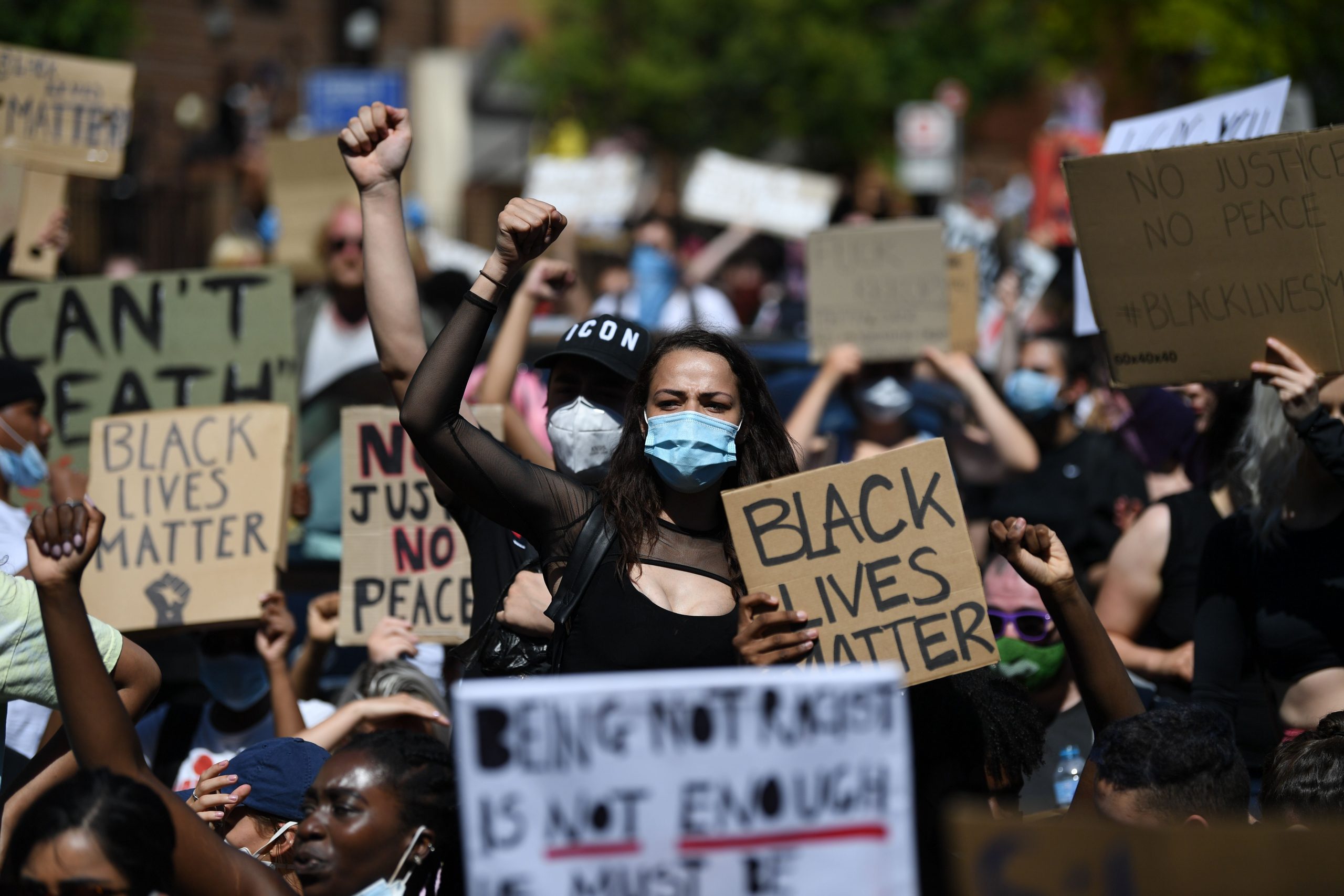 We all have a part to play in making lasting change after George Floyd’s brutal killing
We all have a part to play in making lasting change after George Floyd’s brutal killingBy Jenny Proudfoot
-
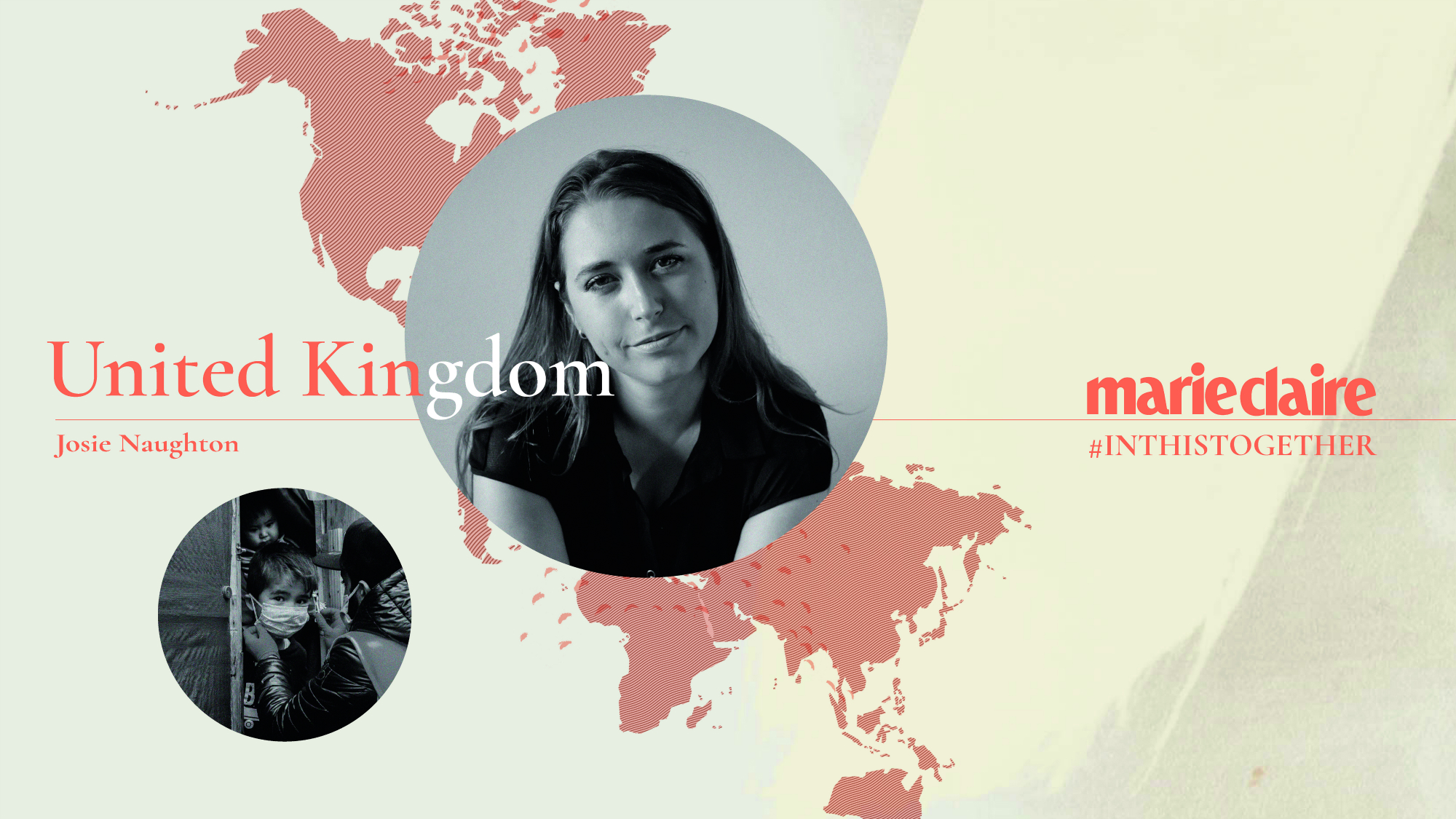 COVID-19 Global Diaries: 'The virus is breaking out in camps and refugees are at terrible risk'
COVID-19 Global Diaries: 'The virus is breaking out in camps and refugees are at terrible risk'Josie Naughton, co-founder and CEO of Help Refugees, works tirelessly with her global team to protect the forgotten people of the pandemic - the refugees left exposed and vulnerable
By Marie Claire